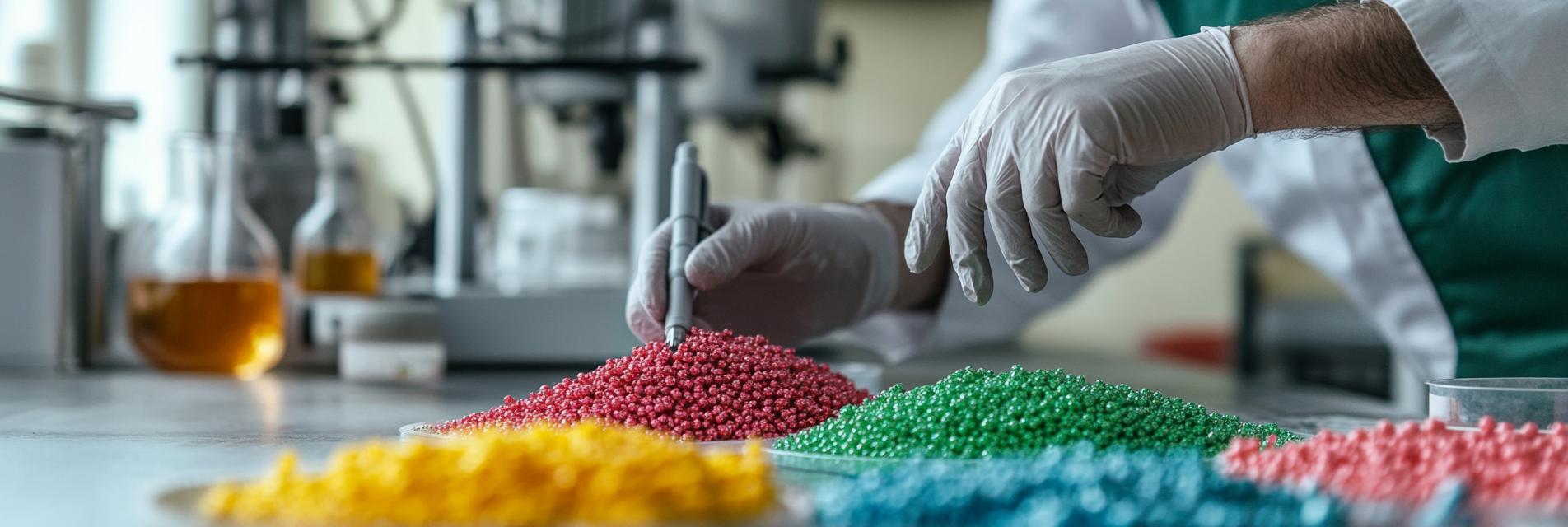In recent years, the field of fertilizer development has witnessed remarkable breakthroughs that promise to revolutionize agricultural practices globally. These innovations aim not only to enhance crop yields but also to support sustainable farming methods that minimize environmental impact.
Modern farmers are increasingly adopting new types of fertilizers that are designed to maximize efficiency. For instance, slow-release fertilizers are being favored for their ability to deliver nutrients gradually, thereby reducing waste and preventing nutrient runoff into nearby water bodies.
Furthermore, the integration of smart technology in agriculture, such as soil sensors and data analytics, allows farmers to apply fertilizers more precisely. This not only enhances crop growth but also adheres to best practices in environmental stewardship.
According to recent studies, the application of innovative fertilizers has led to an increase in crop yields by up to 30%. These advancements are critical in meeting the growing food demands of a rising global population while maintaining ecological balance.
The ongoing research and development in fertilizer technology signify a promising trend towards sustainable agriculture. By harnessing the potential of innovative fertilizers, the agricultural sector can enhance productivity while ensuring environmental protection.


